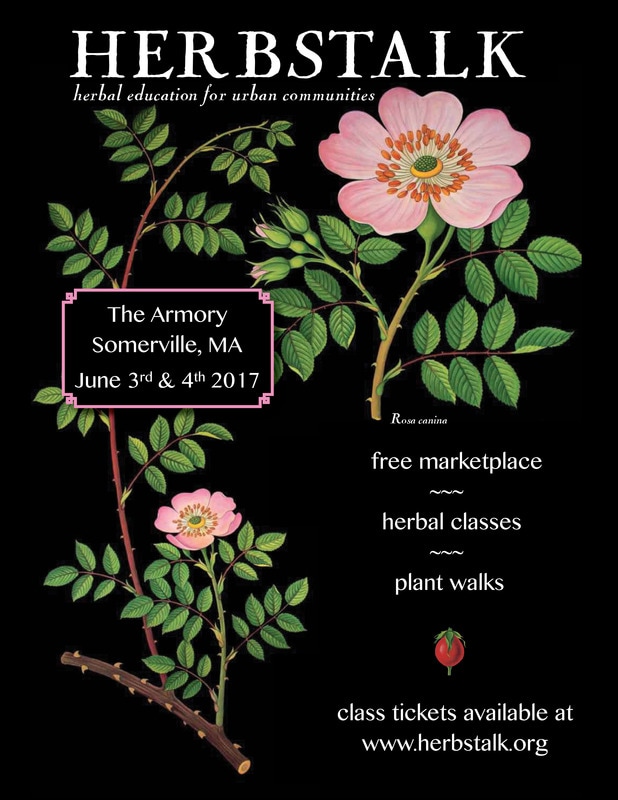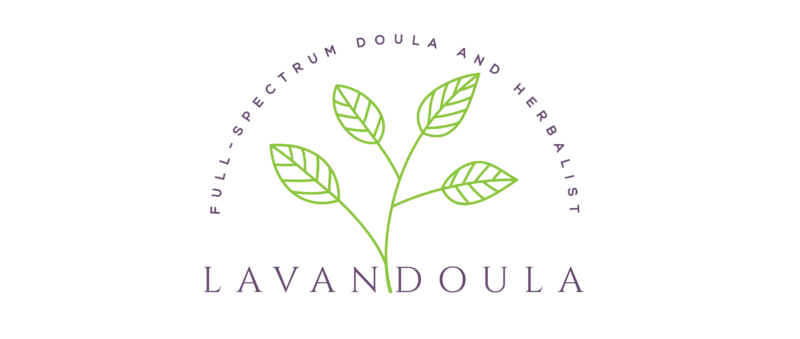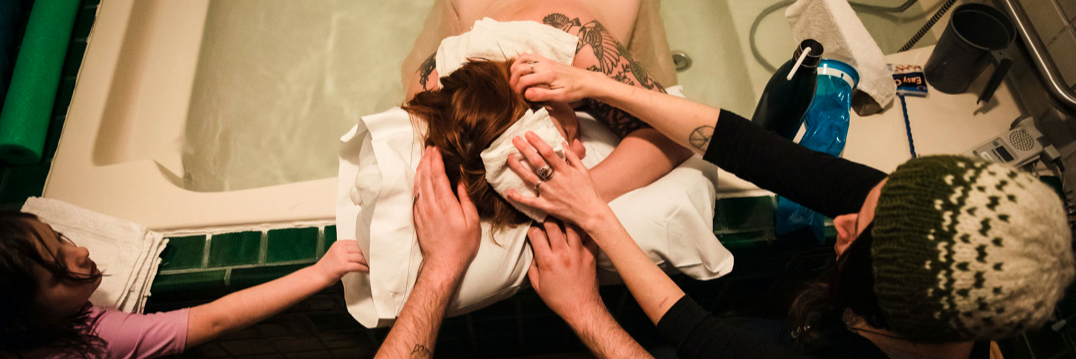Abortion and Loss
The Boston Abortion Support Collective provides completely free support for people experiencing abortion, miscarriage or stillbirth in the Boston area. We have a small availability of affordable birth doulas, as well!
Backline is a judgement-free resource for folks considering what to do when they find themselves pregnant. They have a free phone line to discuss pregnancy options, and counseling before and after any decisions are made. Backline also started the resource Faith Aloud, in which clergy from various faith traditions are available to non-judgmentally counsel callers through decision making around pregnancy.
The Eastern Massachusetts Abortion Fund provides small grants to folks who need to access abortion care in Eastern Massachusetts in order to make abortion care more affordable.
The Pregnancy Panic Companion is a teen friendly resource for accurate information about pregnancy scares and available options.
Holding Our Space is an interactive community based around supporting those who have lost a pregnancy in any way. Stories of infertility, miscarriage, abortion, adoption, stillbirth and more are all supported and welcomed.
Herbstalk 2017
Herbstalk 2017 is happening again at the Armory in Somerville on June 3rd and 4th. I’ll be there teaching a class about herbal support for pregnancy loss.
Herbstalk 2017
Herbstalk 2017 will be happening again at the Somerville Armory on June 3rd and 4th. Along with many other herbalists, I will be teaching a class at the event about herbal allies for pregnancy loss. Keep an eye out for the schedule falling into place, and I’ll see you at Herbstalk!
The Business of Being a Doula
A few folks in my life have recently asked how I feel about the divisive/controversial ProDoula articles that are circulating. Honestly, as someone who chooses not to use any social media, I probably would have missed this entirely if folks didn’t bring it to my attention. I was relatively preoccupied while attending two clients’ 37-week labors, organizing the year’s goals with the steering committee of the Boston Doula Project, and encapsulating another client’s placenta.
Generally, I think there is enough space in Boston (I can’t speak for smaller or more rural communities) for many types of doula practices and their clients. While some doulas have always argued that providing free or very low-cost services devalues doula work as a profession, others continue to provide free or very low-cost services because it is exactly what they are called to do. I absolutely believe folks need to charge a rate for their work that is sustainable to them. On-call support for labor is extremely valuable, and not just because the studies show doulas save thousands of dollars in healthcare costs. We literally prevent trauma (and hold space for trauma that exists) on a regular basis.
The ProDoula founder is right to say that plumbers don’t worry about people who can’t afford to hire plumbers, but birth is not the same as home repairs. Supporting one another in the childbearing year is something that people have always done, and are always going to do. We live in a time and place in human history where folks aren’t all having 15 babies, witnessing 10 younger siblings be born, hanging out around groups who are feeding babies at their chests, and having that community of support built in. We’re giving birth in hospitals, often in big cities far away from family. Most often, the first birth people witness is their own baby’s! We’re needing to pay people out of pocket to create a sense of that lost community support. This used to be culturally built-in, for everyone, for free.
I’m all for folks charging what they need to in order to make their work sustainable – that part’s important and isn’t typically emphasized in many doula trainings. Most doula trainings emphasize what’s normal in birth and postpartum, what’s not, how to be a compassionate and competent helper and how to plug into the extended community of resources for when you need to make referrals. These articles make it sound like ProDoula’s trainings emphasize profits, avoiding the local community (“ProDoula tells doulas to ignore local doula collectives — why fraternize with the competition?”) ostracizing new doulas, and not making referrals because your agency provides The Best And Only care.
- Kara Schamell, at Modern Mama Midwifery has tons of experience, especially in sanitation techniques and lab safety as a midwife. We back up each other’s placenta clients in the case of travel or client birth overlap.
- Jennifer Lynn Frye, at New England Placenta Encapsulation, who has a background in nursing, and has been providing this service since 2014. She was also part of the first-ever batch of Boston Doula Project trainees.
- Jennifer Lewis, at New Life Blessings has encapsulated over 250 placentas in MA, RI and CT.
Holding Our Space, an event to honor pregnancy loss
An interactive community built around supporting those who experience pregnancy loss, miscarriage, abortion or any kind of reproductive loss. This event will be held in Natick, MA, at the Common Street Spiritual Center, between June 16 and 18 2016.
Holding Our Space to Honor Pregnancy Loss
Holding Our Space is the community spearheaded by my friend and local doula Jacqui Morton. This project intends to bring more public conversation to the experiences of pregnancy loss, miscarriage and abortion, as well as space to grieve and find community and camaraderie with others who have gone through the same.
With a small grant from the Abortion Conversations Project, and collaboration with the Common Street Spiritual Center in Natick, MA, Holding Our Space will be hosting an event from June 16-18, 2016. There will be a common space for community to meet, grieve, share stories and work toward healing. Abortion doula and activist Brenda Hernandez will open the space with yoga on Friday night. Doulas will be available throughout the event to provide companionship, a listening ear or a hand to hold.
For more information, or to get involved with Holding Our Space, check out the tumblr and Facebook pages.


